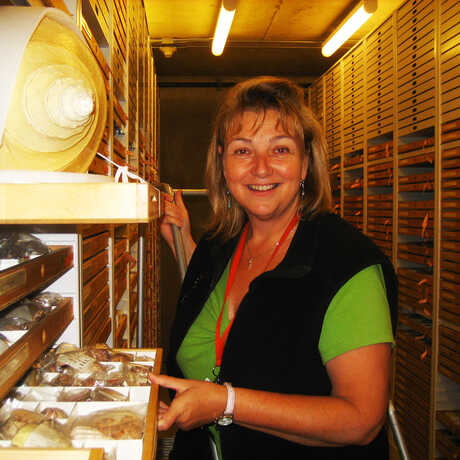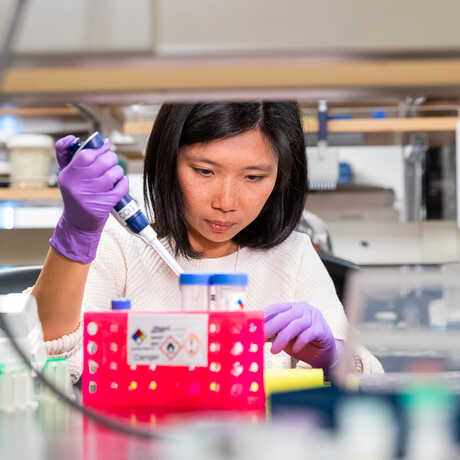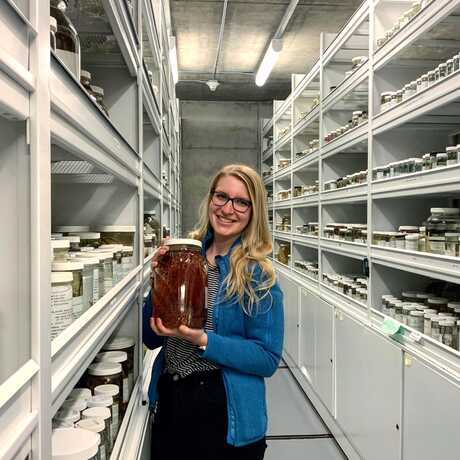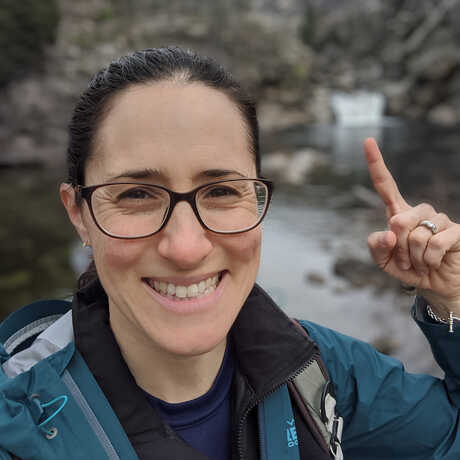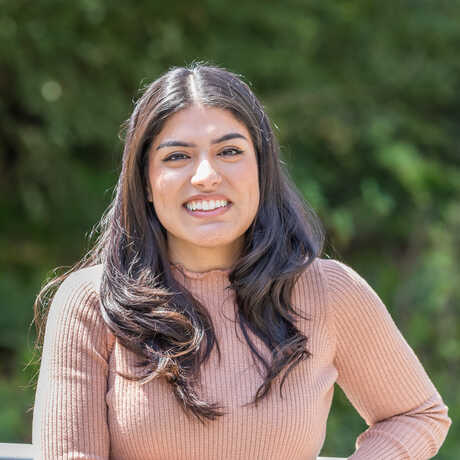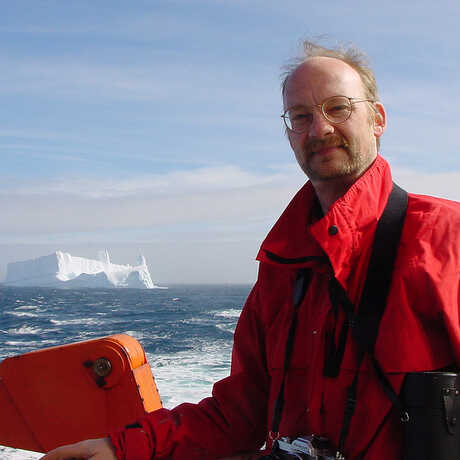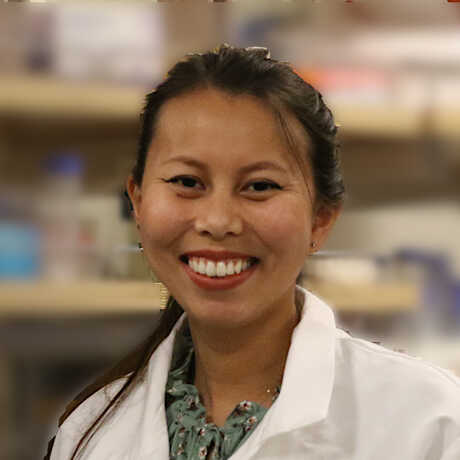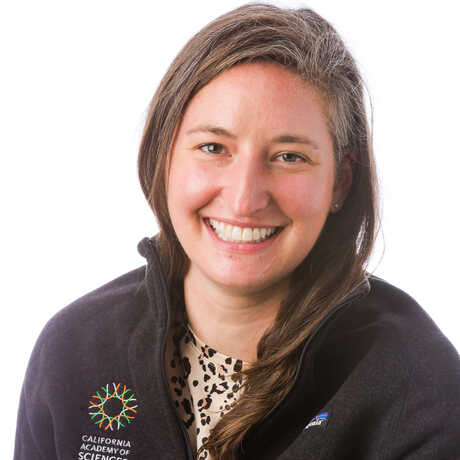Search for Academy curators, collections managers, and research staff working to answer some of the world's most pressing scientific questions.
I am a Curatorial Assistant in the Recent Invertebrate Collection at the California Academy of Sciences. I started as a volunteer in the department in 2014 and joined as a full time in 2017. My work currently is focused on digitizing our collections as part of the NSF funded DigIn Grant. The Invertebrate Zoology collection is aiming to digitize 56,000 marine non-molluscan specimen lots over the next 3 years.
I am an evolutionary biologist with research interests in the ecology, evolution, and conservation of marine ecosystems. I have used genetics to address a wide range of topics in the ocean, from sea cucumber fisheries in Fiji, to coral bleaching in American Samoa, to how mutations accumulate in coral colonies. Currently, I combine genomics with aquarium husbandry for important marine animals like corals and sea stars, in order to inform best practices for conservation breeding programs worldwide.
My time in the Botany department at the Cal Academy spans my graduate and curatorial assistant work from 2005-2011 and my return in 2018 to present. I studied the taxonomy of Paleotropical Mendoncia (Acanthaceae) for my MS degree and was lucky enough to travel to Madagascar twice. Now, I manage the collection and look forward to the challenging yet fulfilling work ahead with our great team.
When I was about 8 years old, I sat at the kitchen table and used a blue ballpoint pen to draw the "blueprints" for the research vessel I would be using when I became a marine biologist. Things don't always go the way you plan--even when you start early. But I can say that my life as a field biologist and phylogeneticist of marine organisms has never wavered from the exciting endeavor represented by those childhood sketches.
Lindsay works in support of the research division. She enjoys condition reporting and environmental management. Lindsay received her Master of Arts in Museum Studies from San Francisco State University.
